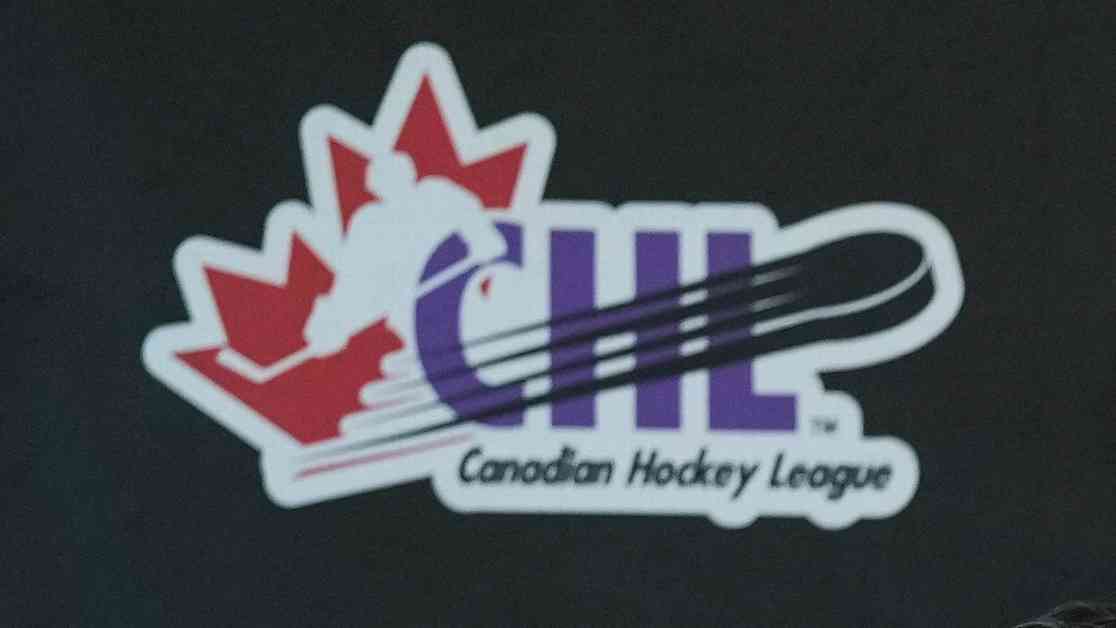The NCAA Division I council made a significant decision that could change the landscape of college and major junior hockey. The council voted to allow Canadian Hockey League (CHL) players to be eligible for NCAA Division I hockey starting in 2025. This means that players can now compete in the CHL without risking their NCAA eligibility, as long as they do not receive more than actual and necessary expenses as part of their participation.
The rule change will take effect on August 1, 2025, and does not apply to NCAA Division III hockey. Previously, the NCAA considered CHL players ineligible due to the professional contracts some players signed with NHL teams and the monthly stipend of up to $250 they received. However, the new ruling opens up opportunities for CHL players to pursue NCAA Division I hockey.
Despite this change, players who sign NHL contracts and return to the CHL will still not be eligible for NCAA Division I hockey. They can participate in NHL training camps, provided they are not compensated beyond actual and necessary expenses. The CHL has expressed support for this rule change, believing it will offer players more pathways to continue their hockey and academic careers after their time in the CHL.
While the decision is seen as a positive development for players, coaches in both the NCAA and CHL have concerns. Some fear that elite talents may choose major juniors over college hockey without the pressure of losing eligibility. This rule change could lead to a deeper talent pool for NCAA hockey, but it also raises questions about the future development paths for young players.
Notable Canadian players like Paul Kariya and Jonathan Toews have opted to play in the NCAA, with several Canadians drafted in the NHL after playing college hockey. The NCAA’s reevaluation of the CHL as a professional league under strict compensatory guidelines marks a significant shift in policy.
The anticipation of this change has been building, especially after the NCAA loosened its name, image, and likeness rules in 2021. The proposed class action lawsuit filed by OHL player Rylan Masterson challenged the NCAA’s restrictions on CHL players and highlighted the potential legal implications of these rules.
As the NCAA and CHL navigate this new landscape, players like Braxton Whitehead from the WHL’s Regina Pats have already received NCAA commitments for the upcoming seasons. The relationship between the NCAA and CHL is evolving, with implications for the future of junior hockey player development on both sides of the border.
Overall, the decision to allow CHL players to maintain their NCAA eligibility opens up more opportunities for young hockey players to pursue their athletic and academic goals. It remains to be seen how this rule change will impact the recruitment and development of players in both college and major junior hockey programs.


















